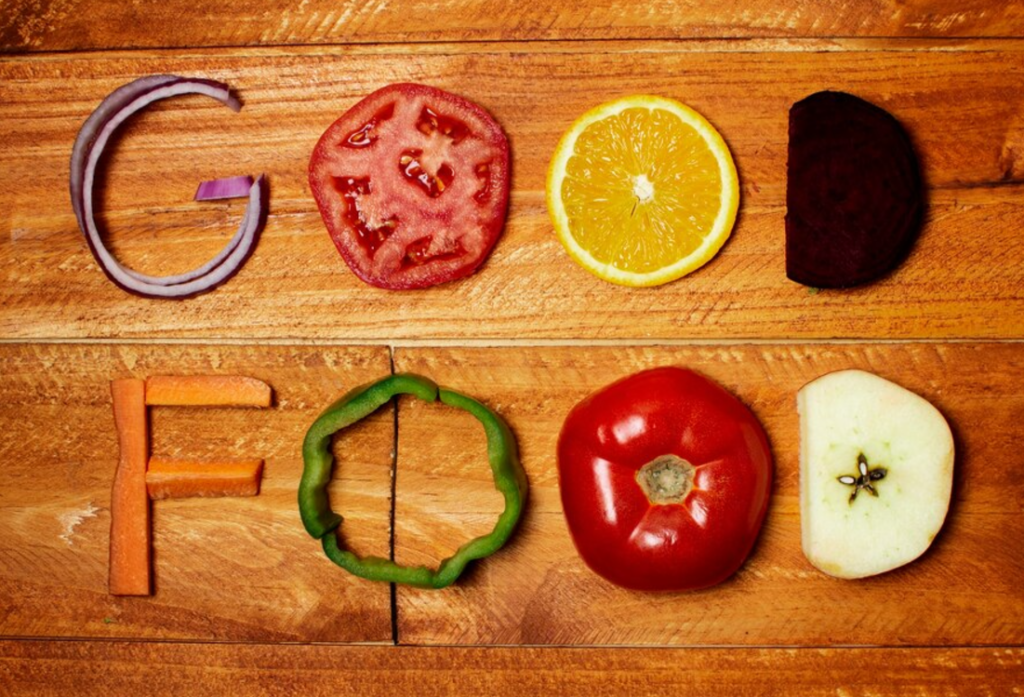A vegan diet is a type of diet that excludes all animal-derived products. This means no meat, poultry, fish, dairy, eggs, or any ingredients derived from animals (like gelatin or honey). Instead, the diet focuses on plant-based foods such as:
- Fruits and Vegetables
- Legumes: Beans, lentils, chickpeas, etc.
- Nuts and Seeds: Almonds, chia seeds, flaxseeds, etc.
- Grains: Rice, quinoa, oats, bread, pasta, etc.
- Plant-Based Proteins: Tofu, tempeh, seitan, and plant-based meat substitutes.
- Dairy Alternatives: Almond milk, soy milk, coconut yogurt, vegan cheese, etc.
- Oils and Fats: Olive oil, avocado, coconut oil, etc.
Benefits of a Vegan Diet:
- Health: It can lower the risk of heart disease, high blood pressure, and certain cancers when properly balanced.
- Environmental Impact: A vegan diet typically has a smaller carbon footprint compared to diets that include animal products.
- Ethics: Many people adopt veganism to avoid contributing to animal cruelty or exploitation.
Challenges:
Vegans need to be mindful of nutrients that can be harder to obtain from a plant-based diet, such as vitamin B12, iron, calcium, omega-3 fatty acids, and protein. Many vegans supplement or focus on fortified foods to meet their nutritional needs.
Would you like information on transitioning to a vegan diet or specific vegan recipes?








